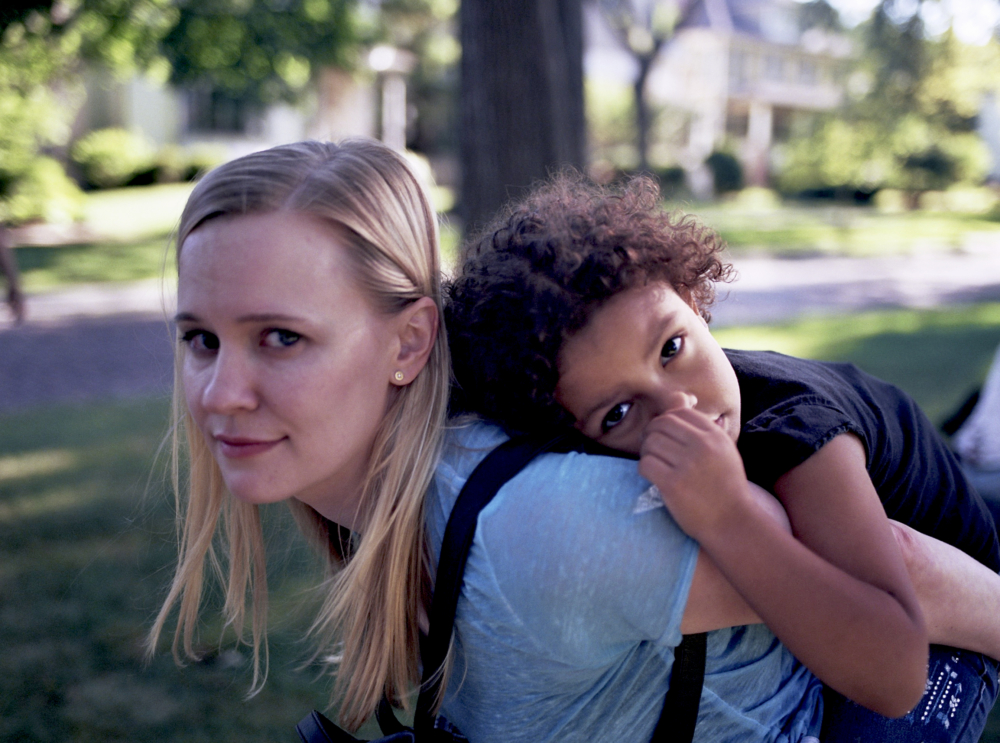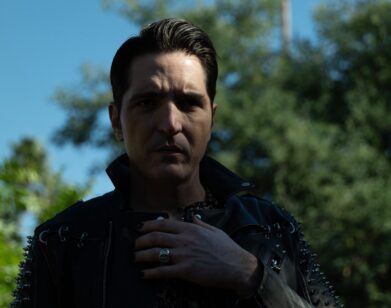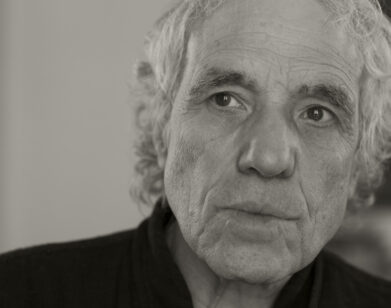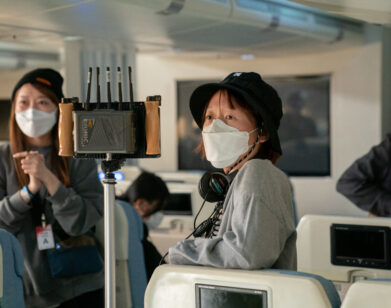Exit Poll: The Bodily Catharsis of Saint Frances

Exit Poll is a series exploring the good, bad, and outright deranged films and events our editors are attending. This week: Shanti Escalante heads to Alex Thompson’s surprisingly touching abortion film, Saint Frances.
Saint Frances opens with our lead, Bridget (Kelly O’Sullivan), listening to a man describing a dream he had. In it, he wanders halls looking for his kids and then realizes he’s not at home but in some dank Brooklyn walkup. It dawns on him that he had never started his family or invested in the company that made him rich. A window appears and he immediately dives through it; life isn’t worth anything anymore. His monologue ends and he thinks to ask Bridget what she does. “I’m a server,” Bridget responds. He tries assuage her, saying that she’s just in her twenties. “No, I’m 34.” The conversation spits out its last agonizing breath: “Well,” he says, “you look good for your age.”
As a college dropout with no partner, no career, and no baby, Bridget’s life provokes an endless onslaught of criticism and pity from her peers and, of course, her mother. Contrary to these pressures, Bridget gets a medical abortion without a second thought—she’s not ready to be a mother yet. She tucks the pills into her mouth, and she and her sort-of boyfriend spend the rest of the day reading Harry Potter and medical pamphlets together. She occasionally gets up to change her maxi pad. The moment passes and she tries to forget it ever happened, but her body won’t let her. Bridget leaves behind a breadcrumb trail of blood wherever she goes, her unusually heavy flow an aftereffect of the abortion.
We shift gears and the movie really begins. Bridget enters a world of motherhood when she starts nannying for a lesbian couple who have an infant son and a five-year-old daughter named Frances (Romona Edith Williams). The film immediately exposes the dirty surprises that come with raising young children: postpartum depression, leaky bladders, and an itch to throw your baby against a wall after another sleepless night. But as Bridget’s relationship develops with Frances and her mother, an encouraging new chapter of forgiveness, clarity, and growth begins for everyone.
What’s surprising about Saint Frances is how bad it could have been. The film relies on viral feminist discourse that, when brought to the screen, feels awfully familiar (did I see this fight being played out on Facebook seven years ago?) Occasionally the film descends into trope, leaning on white mommy culture in a way that feels convenient. But the strength of Saint Frances is in taking these conventional feminist topics and embodying them in a specific cast of characters. The film doesn’t get bored of the haunting presence of reproductive burdens. Instead, this endless maintenance we perform on our bodies is dramatized, made worthy of attention and narrative weight. O’Sullivan gently uncovers a female gaze we’ve known all along—the uneasy look we cast downwards at each unexpected twinge, smell, and violent demand calling from that mysterious package of tissue and hormones we term the “female reproductive system,” for lack of any better alternative. Though at times Saint Frances stumbles, the remarkable breakout performances, careful emotional payoffs, and its unflinching involvement with women’s bodies make Frances a resounding indie success.






